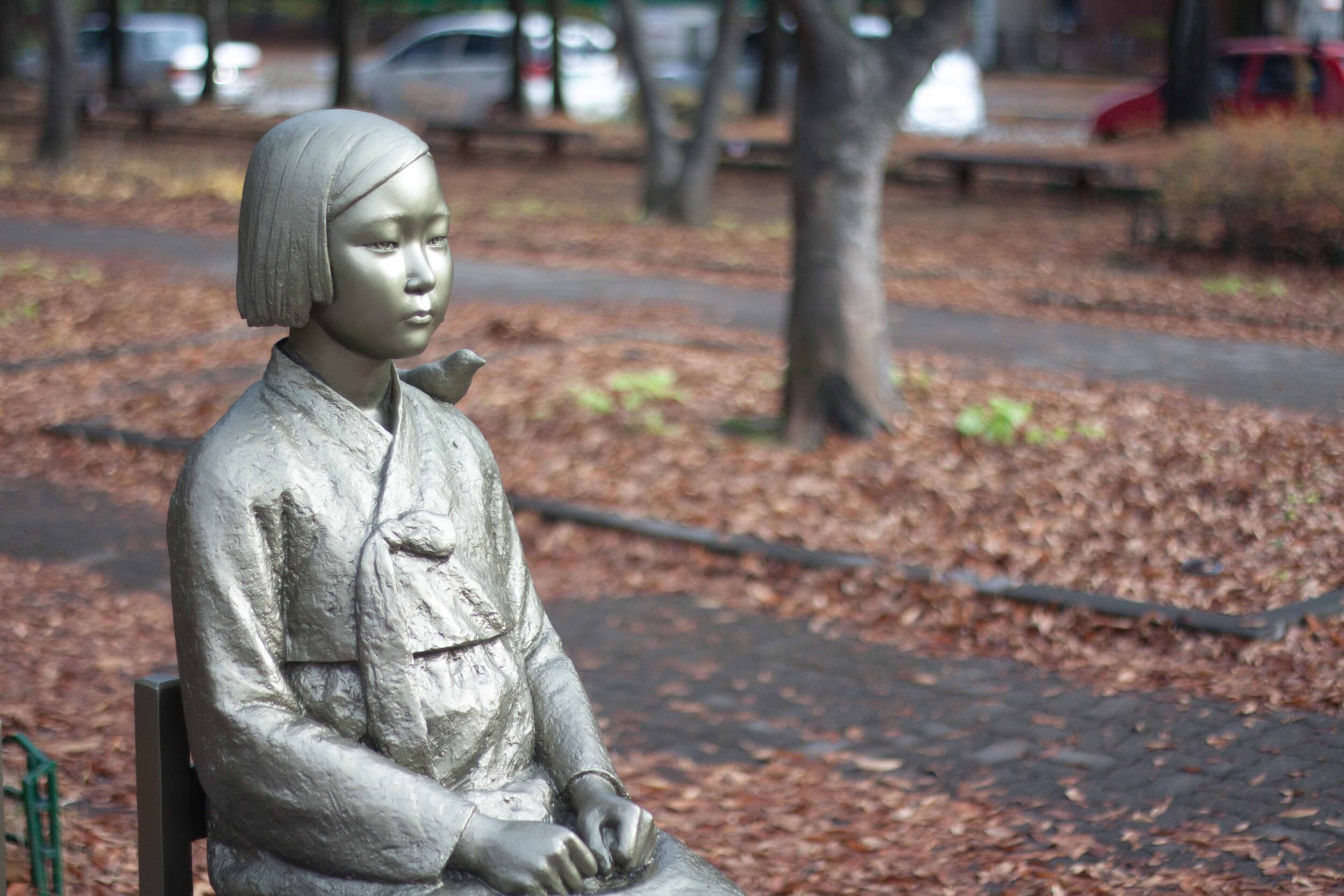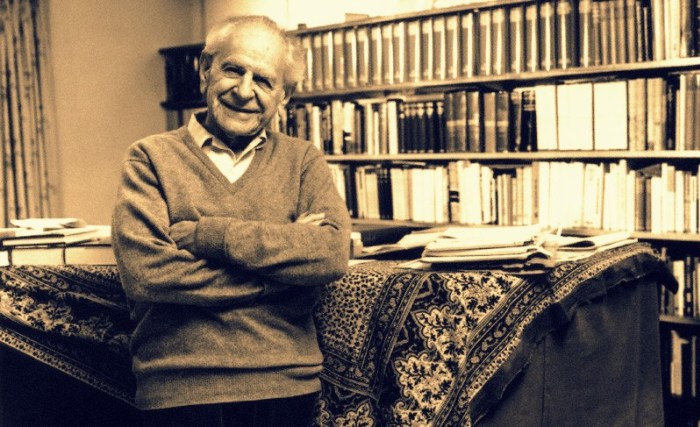It is in the language of applause that the first alarm bells go off. Talk of subtlety and hidden meaning are not problems in themselves, but when reviewers are also regularly calling it bold, and are widely divergent on what that meaning actually is, then at the very least something unusual is happening. A soft, fluffy story is also a profound attack on the ravages of capitalism. The tender, overly-emotional conversations are rugged criticisms of modern life. The petty, struggling characters are symbols for mystical nuance. Haunting yet mundane, beautiful yet non-descript, subtle yet gritty, messy yet clean, light yet dark, delicate yet rough, lyrical yet basic. Hwang Jungeun’s second novel, I’ll Go On, is none of these things; and so this confusion tells its own story.
The first truthful thing that can be said about I’ll Go On is that it’s not very good; and certainly not as good as the author’s first book One Hundred Shadows. But this is an attempt at replication, or at least a continuation of style. Writing about love at the wrong end of Korean society is not new. What distinguished Hwang Jungeun was the disconnected build-up of tension, the haphazard threads that never really connect, the fringed love story, the asexuality of the female leads, contrasted with the desperate romance of circling men, the hopelessness of love, lives of simplicity and isolation, and a shamanistic overlay that avoids the pitfalls of feeling contrived. Jungeun lives in a forgotten world, where nothing ever properly manifests, nor is it even properly hinted at. From the outside, the reader finds themselves cheering on the peripheral characters, hoping that they can break into that miserable – and impervious – centre stage.
This type of writing won’t appeal to too many, but it does have an audience; most centrally Han Kang. It is not an exaggeration to say that Kang is Korea’s most prescient writer: the literary moments of Kim Young-ha, Shin Kyung-sook and Hwang Sok-yong have definitively waned over recent years, leaving Kang and her brand of dark, odd, tragedy, largely alone in the fame-induced world of Korean-English translation. When someone like this writes something like this about your book, you are an overnight success: “There is an unforgettable, curious beauty to be found here”. Hoisted to this platform, the problem comes when you look down in search of something new, and you try to unnecessarily force language to reveal what just isn’t there: “That’s how it generally is with Aeja’s stories. There as potent as a putrid peach or the most enthralling of poisonous spells.” Or “The food he cooked up had that elusive quality that could only be described as the presence of flavour.”
Jungeun now writes with a conscious understanding that she is being watched, and that a particular style is expected from her. So gimmicks appear, and the mental ticks of an author trying a little too hard begin to show up. Pregnancy takes on an early importance in I’ll Go On, yet instead of building it into the story, or opening up connected threads, Jungeun simply has the older sister repeat the thought over-and-over: “a dream foretelling pregnancy”, “wouldn’t a danpung leaf mean it’s a girl?”, “maybe it really was a pregnancy dream”, “Nana might be pregnant”, “Nana is pregnant”, “Is Nana pregnant”, “Nana might be pregnant”, “She was, in fact, Pregnant?”, “Or simply that she’s pregnant? Pregnant: Nana may be pregnant.” To get a proper feel for just how imposing this is, these selected references come from a single six page fragment of the book.
Nana, the younger sister, is the saving grace for this narrative. Her voice arrives at just the right time, disaffected and cold, but considerably more interesting and likeable than her sister Sora. The choice to have her speak in the third person – referring to herself by name – might have some value, but again it repeats much too often, becoming more of a nag than a genuine literary device. And marching forward, oblivious to this overbearing clang, the author is soon filling whole paragraphs with the echoes of sounds: swish, swish, swish, swish, swish, swish, swish, swish, swish, swish, swish, swish, swish, swish; zig, zig, zig, zig, zig, zig, zig, zig, zig, zig, zig, zig, zig, zig, zig, zig, zig, zig, zig, zig, zig, zig, zig, zig, zig, zig, zig; sshaa, sshaa, sshaa, sshaa, sshaa, sshaa, sshaa, sshaa, sshaa, sshaa, sshaa, sshaa, sshaa, sshaa, sshaa, sshaa. This is laborious, and a chore to get through – it comes across as an insult to the reader’s intelligence; an angry teacher committed only to rote learning because she doubts her students’ attention span, and their grasp on subtlety. Even as the story improves, it becomes harder to stomach.
In her exertion here, Jungeun explicitly gives away her most fundamental literary device: the promise of delayed satisfaction that never arrives. Ideas, characters, thoughts, emotions are always introduced in unsatisfyingly small tastes, and then abandoned, only for them to return later, still fleeting, still undeveloped, and often just a rehash of the original. Again though, now the game she is playing is all the more crude and obvious: “The conversation veered off course and I didn’t get a chance to ask if the dream was about her” and “I’d resolved to be upfront about it next time I saw her, but in the days that followed I found myself unable to broach the subject.” In One Hundred Shadows the romance is delayed from start to end, and the internal reflections play to the same pacing of the story. Now with I’ll Go On everyone’s lives unfold just as slow as before, while every thought is rushed impatiently onto the reader. The loops and disconnected pacing becomes so much at times that it feels like the entire narrative here could be reduced to a single, honest, five minute conversation between the central characters.
These missteps undercut the truth that Jungeun is, in fact, onto something here. Writing about the simple and the unglamorous in a society running desperately in the other direction certainly has its appeal. People on the dirty fringes reflecting on their precarious lives, their matter-of-fact acceptance of pain and discomfort, the slow and silent people whose constitutions just won’t let them join the race outside, the overwhelming tedium of it all; those with the time and isolation to think and reflect. Jungeun’s characters talk openly, and bravely, about themselves – ruminating over life while moping about the present moment – yet remain at an uncomfortable distance, leaving the reader in expectation and hope that more is happening behind the scenes, that the show continues despite them leaving the theatre. This is a poke at Proustianism, but looking inwards doesn’t automatically make something insightful.
Take the following (representative) semi-conscious ticks of language that might sound evocative until they are spoken out loud:
“I am not making this up.”
And
“I ask myself”
Or this type of lazy attempt to philosophise life, death and metaphysics.
“Are you dead or are you alive?
In certain moments, this is what I ask the moth.
Dead or alive.”
[Repeated again a few lines later] “Which are you: dead or living?”
Attempting to force shamanistic nods where they don’t belong:
“Better if she’s not in the world
I am, and will remain. Sora
I mean to end my days as Sora.
To become extinct.
The last of the tribe called Sora.”
Or simply thinking that obvious and childish hermeneutics can pass as something profound:
“This wont do, Nana tells herself.
Any more talk and Nana might burst into tears, and when Nana cries, Sora cries – which makes Nana cry in turn, and Sora will cry because now Nana’s crying , which will make Nana cry which makes Sora cry.”
And
“Naghi was small then, and young, though he’s not small any more, nor young. Nana and I were small then, too. But not now, we’re not kids any more.”
[And then later] “Nana and I were small. We’re not small any more.”
This backyard spiritualism might connect with the flow of One Hundred Shadows, but this is a very different book; without the horror-like imagery and relentless – yet uncertain – danger, this feels like a simple lack of concern; that the author has allowed her default, automatic self to pollute the story. The language lacks any trace of refinement, the philosophy is shallow, and it reads like an inside joke – significant only to the people involved in its manufacture. Perhaps the damage was done by that first early success. As the author is constantly looking over her shoulder, trying to clone the old recipe for changing taste buds and a new undercooked dish, so it seems are the publishers. Warning signs were there for everyone when I’ll Go On was marketed almost exclusively on the reputation of the previous book.
There is a darkness here that never arrives, a statement on materialism that is never spoken, and a collision of worlds that never make contact. Just like her characters, Hwang Jungeun fails to step forward, fails to leave history in its proper place, and fails to be genuine. Instead we have a trundling mess of a book and an exposed lesson in bad conceptual writing. Which opens up a question about the title: the phrase ‘I’ll go on’ is used regularly in the story, often as a way to exit a paragraph or section of text without first winding things up. It could mean ‘talk’, but at this stage of reader dissatisfaction if feels a lot more like ‘endure’. It all predictably ends on this note as well, by which stage the intended exclamation has entirely worn off; now void of all surprise and purpose. But it is welcome, if for nothing else than to shake away the final pages where – without any priming – dreamcatchers are being hung with serious intent, in-between discussions about dinosaurs and extinction, as if everything had been building inexorably to this moment; ending as it began: mundane.


















